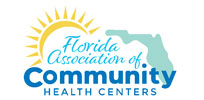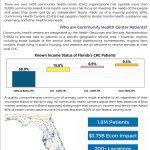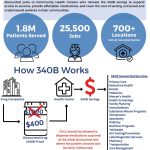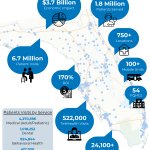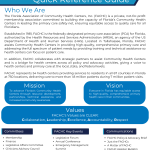State
FACHC works closely with various stakeholders in the state of Florida, including agencies, legislators, and key leadership from partner organizations, to ensure the vital role that Community Health Centers in Florida play in the state’s healthcare system. FACHC provides a unified voice for the Health Centers by engaging with legislative leadership and state agency staff to promote the legislative and policy outcomes necessary for our members to remain integral in providing care to nearly 2 million Floridians, keeping them informed about what and how the Centers efforts impact the state.
